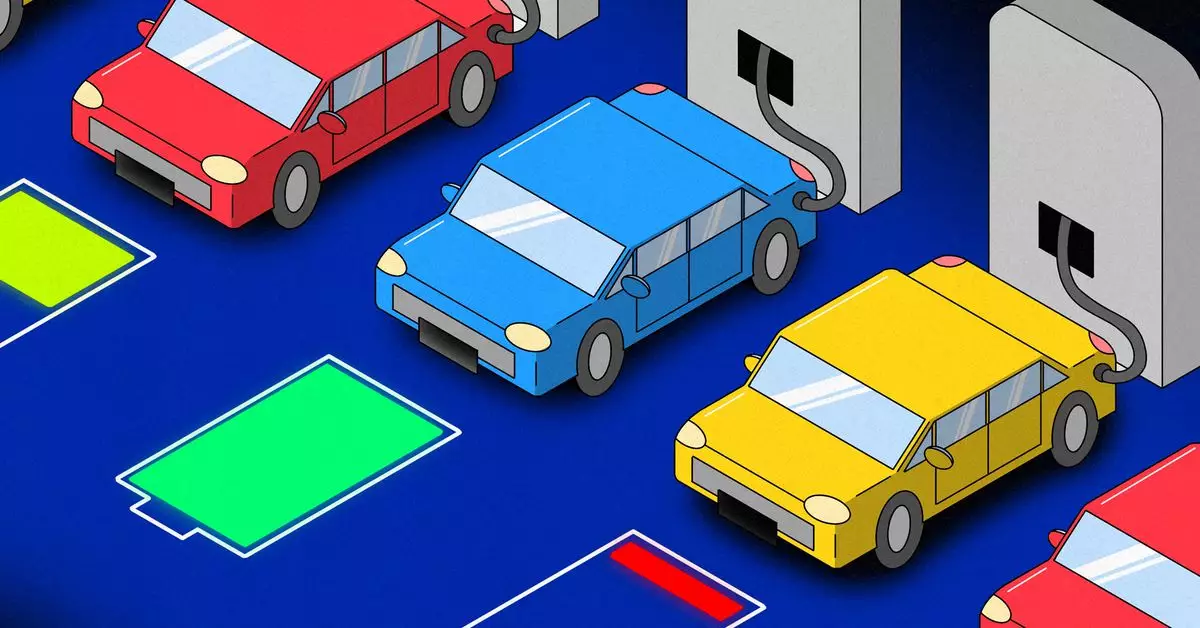Electric vehicles (EVs) have been touted for their eco-friendly nature and lower maintenance costs compared to traditional gas-powered vehicles. However, a recent JD Power quality study has revealed some hidden problems with EVs that are causing concern among owners. While EVs may have fewer moving parts and no need for regular oil changes, they are essentially giant computers on wheels, and as such, they come with their own set of challenges.
According to the JD Power quality study, EVs, both battery-electric and plug-in hybrid vehicles, performed worse than their gas counterparts in almost every repair category measured. Owners of EVs reported 266 problems per 100 vehicles, compared to just 180 problems per 100 vehicles reported by owners of internal combustion vehicles. Interestingly, the issues were not related to the mechanics of EVs, such as motors and batteries, but rather to the technology integrated into these vehicles.
While Tesla has been a standout in previous JD Power surveys, the latest study shows that the gap between Tesla and other EV manufacturers has narrowed significantly. JD Power attributes this change to major design alterations in Teslas, including the removal of traditional feature controls like turn signal and wiper stalks. This shift has led to increased frustrations among Tesla owners, particularly regarding tech-related problems.
One of the major concerns highlighted in the study is the growing complexity of in-car technology. EVs are becoming increasingly tech-filled, with features like advanced driver-assist systems and infotainment touchscreens causing headaches for owners. False alarms, inaccurate alerts, and connectivity issues with smartphones are common complaints among EV owners, making the driving experience less enjoyable and more frustrating.
The study also found that brands with the fewest problems tend to have the highest rates of repeat buyers. This correlation highlights the importance of brand satisfaction and customer loyalty in the automotive industry. For example, truck owners are known for their brand loyalty, with Ram ranking number one in the survey. This loyalty stems from a positive ownership experience and fewer reported problems, creating a cycle of customer satisfaction and brand allegiance.
The JD Power quality study has shed light on the hidden problems of electric vehicles, particularly the challenges posed by advanced in-car technology. As the automotive industry continues to evolve towards electrification and tech integration, customers are finding themselves in a testing phase where familiarity with traditional vehicles clashes with the complexities of high-tech EVs. It is crucial for manufacturers to address these issues and prioritize customer satisfaction to ensure a smooth transition to the electric future.


Leave a Reply